A Reminder That People Dealing With Anxiety Still Must Get On With Their Lives
Dr. Christine Blasey Ford testified Thursday about an alleged sexual assault by Brett Kavanaugh when the two were in high school in the 1980s. And as if describing her trauma in front of the entire world wasn’t enough, she also had to endure people questioning her experience with anxiety.
During the hearing, Rachel Mitchell, the Republican special counsel for the Judiciary Committee, probed into Ford’s fear of flying. The questions were regarding Ford’s initial refusal to be interviewed by the Judiciary Committee, which Ford and her lawyers attributed to her anxiety around getting on a plane to travel to Washington, D.C.
Ford said she was hoping that someone would come interview her so she could avoid getting on an airplane. But when she realized that wasn’t going to happen, she got on the plane to fly to the hearing instead.
Conservatives were quick to jump on this exchange during the hearing, seemingly using it as a way to diminish Ford’s overall credibility:
Dr. Ford's testimony was delayed because of her fear of flying.
Rachel Mitchell: How did you get to Washington?
Dr. Ford: Airplane
M: When were here in August, how did you get here?
F: Airplane
M: You've been to Hawaii & Tahiti?
F: Yes
M: How'd you get there?
Ford: Airplane pic.twitter.com/AtkuQ9arL2— Ryan Saavedra 🇺🇸 (@RealSaavedra) September 27, 2018
I have difficulty buying that a person afraid of flying willingly gets on a plane to fly all over the globe for pleasure.
— Dana Loesch (@DLoesch) September 27, 2018
I’m no psychology professor but it does seem weird to me that someone could have a selective fear of flying.
Can’t do it to testify but for vacation, well it’s not a problem at all.— Donald Trump Jr. (@DonaldJTrumpJr) September 27, 2018
Make no mistake: The implication that Ford is a liar because she was able to get on a plane when she claims she has anxiety over flying is a blinding example of how many people don’t comprehend mental health and trauma. Just because someone experiences anxiety or a phobia doesn’t mean that person will always avoid what causes it. In fact, in a lot of cases, they shouldn’t.
Exposure to certain anxiety triggers is vital to treating the condition, said Victor Schwartz, a clinical associate professor of psychiatry at NYU School of Medicine and chief medical officer at the mental health organization The Jed Foundation.
“The way we typically try to treat phobias or anxiety-based fears is teaching relaxation techniques and then graded exposure, where you slowly expose yourself to small doses of what scares you,” Schwartz told HuffPost. “It’s a way of inoculating yourself so you can then tolerate bigger doses of the thing that you’re afraid of.”
There’s also no particular rule or pathology for when people can or cannot avoid their anxiety triggers, Schwartz said.
“These are not black and white things ... people do things they’re afraid of. A person who has anxiety or a phobia has a real hard time doing it, but that doesn’t mean that under the proper circumstances they’re completely incapable of doing it,” he said. “Just like someone who might have some cardiac problems or an injury. If someone is chasing them, they’re probably going to be able to run, though it might be extremely uncomfortable or painful for them.”
Many on Twitter were quick to make this point.
I’m very afraid of flying and do it all the time, like most people who are afraid of flying. I can’t imagine how much worse the anxiety would be for someone flying to testify about sexual assault on national television.
— Jon Favreau (@jonfavs) September 27, 2018
I have a fear of flying. I am also on track for delta diamond medallion benefits. Thank you rachel mitchell, useless prosecutor from maricopa country
— Aminatou Sow (@aminatou) September 27, 2018
When I was in my 20s I suffered from an anxiety disorder and was terrified of flying but I still got on planes for family vacations (heavily medicated) and for work trips that took me all over the world. But if I could avoid it, I would. Which is basically what she said. https://t.co/V0UNVycgUT
— Kirsten Powers (@KirstenPowers) September 27, 2018
An estimated 40 million American adults live with an anxiety issue. The disorder is expansive. It can include excessive worry and rumination. It can prompt panic attacks. It can bring about physical symptoms like headaches and a racing heartbeat. It also can stem from specific, intense fears (in some cases, that fear is getting on an airplane). But mental health professionals stress that it’s possible to live with these symptoms and still carry on with your daily routine.
Using Ford’s anxiety over flying as a possible attempt to undermine her credibility or experience is gross, wrong and completely misunderstands how anxiety works and how it needs to be medically treated. If we want more acceptance around mental health in this country, we have to stop questioning people’s personal experiences with it. We have to recognize that it affects everyone differently. And we also have to believe that a person’s mental health condition is just one part of their life; it doesn’t define it.
Sometimes, that means getting on a damn plane ― on your own terms ― despite the anxiety. Doing that makes you strong, not a liar.
Also on HuffPost
Love HuffPost? Become a founding member of HuffPost Plus today.
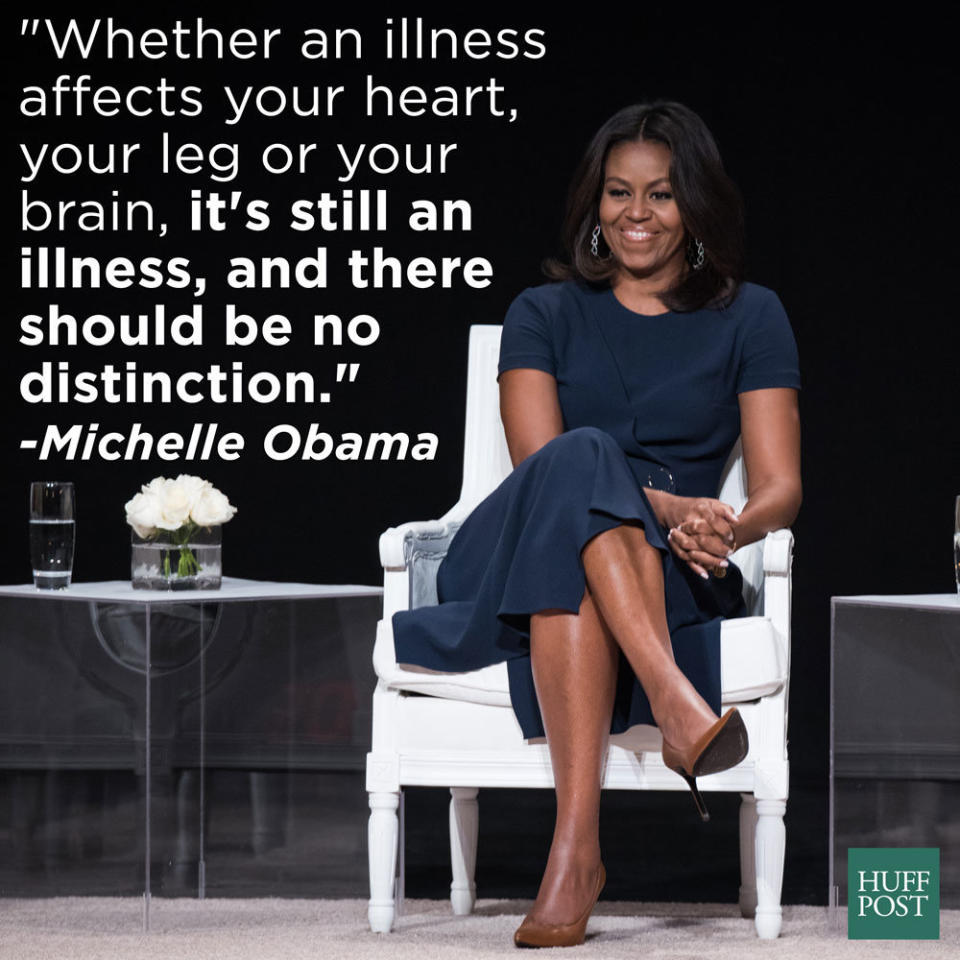
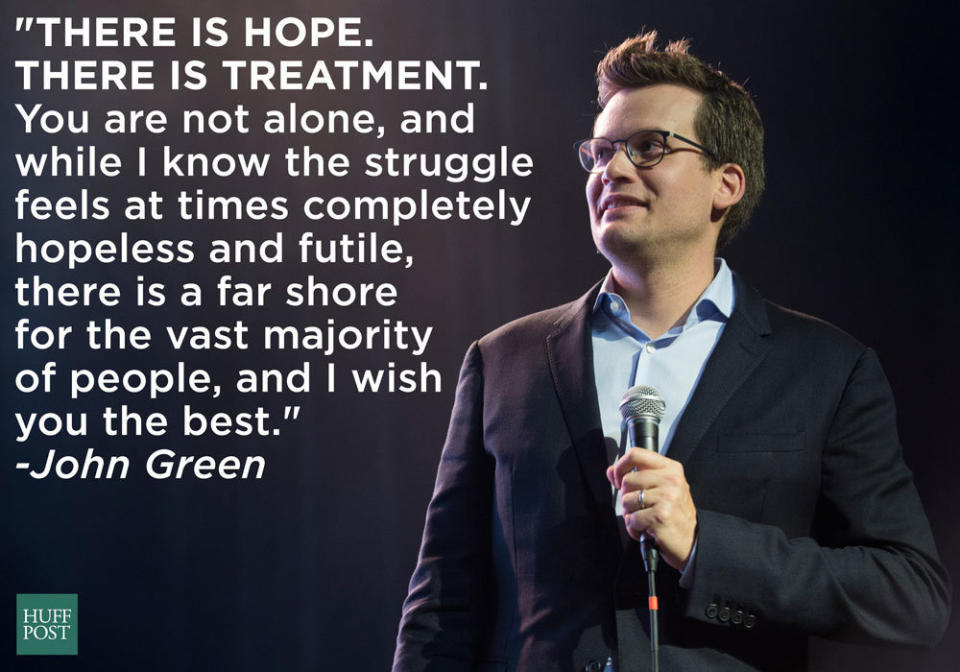


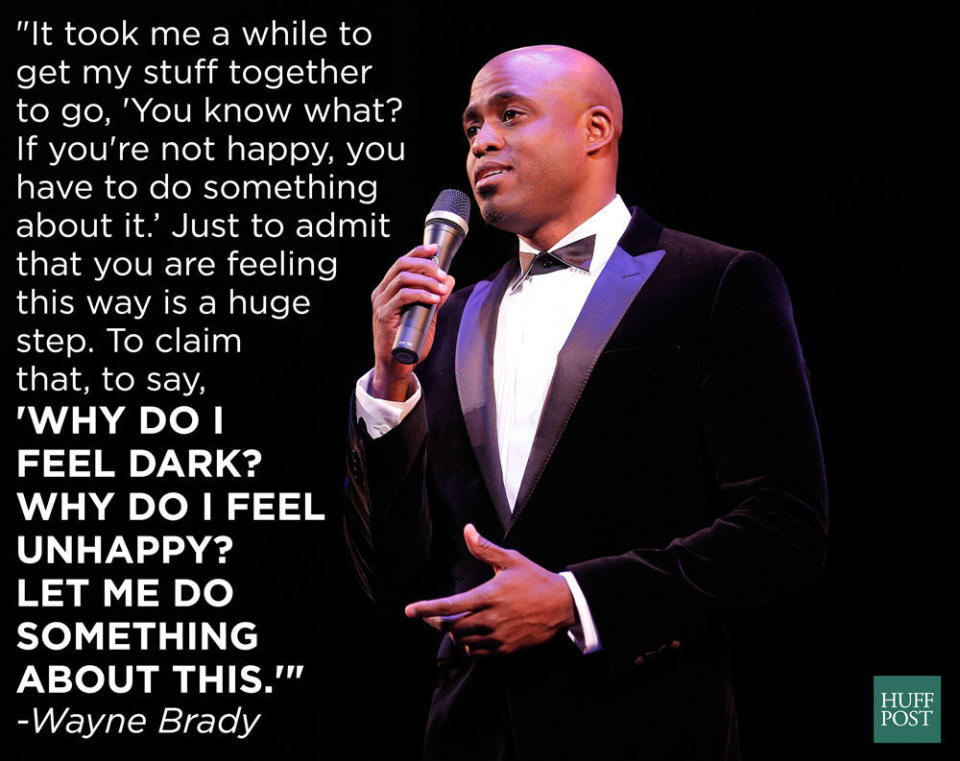

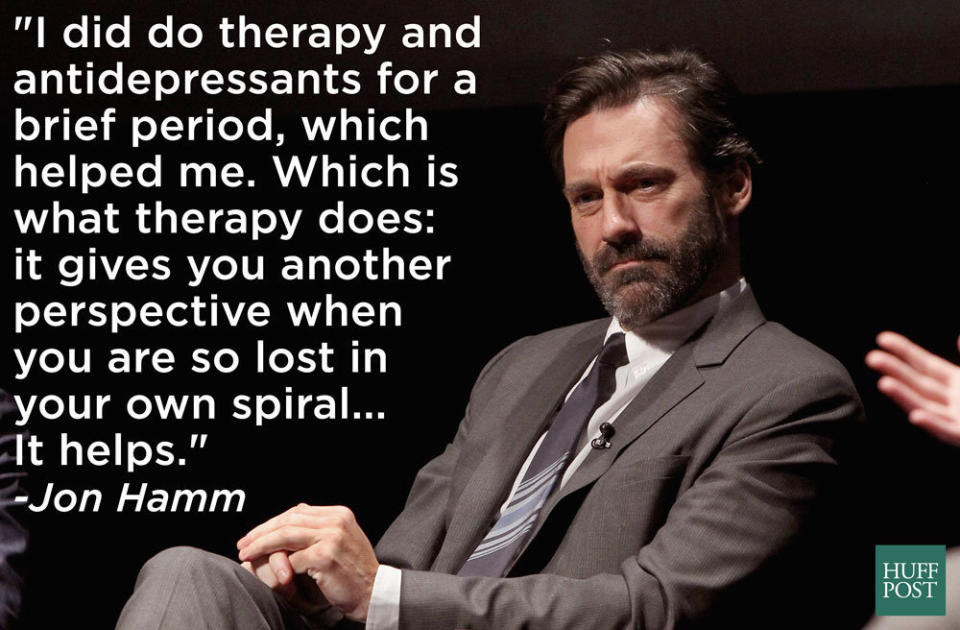
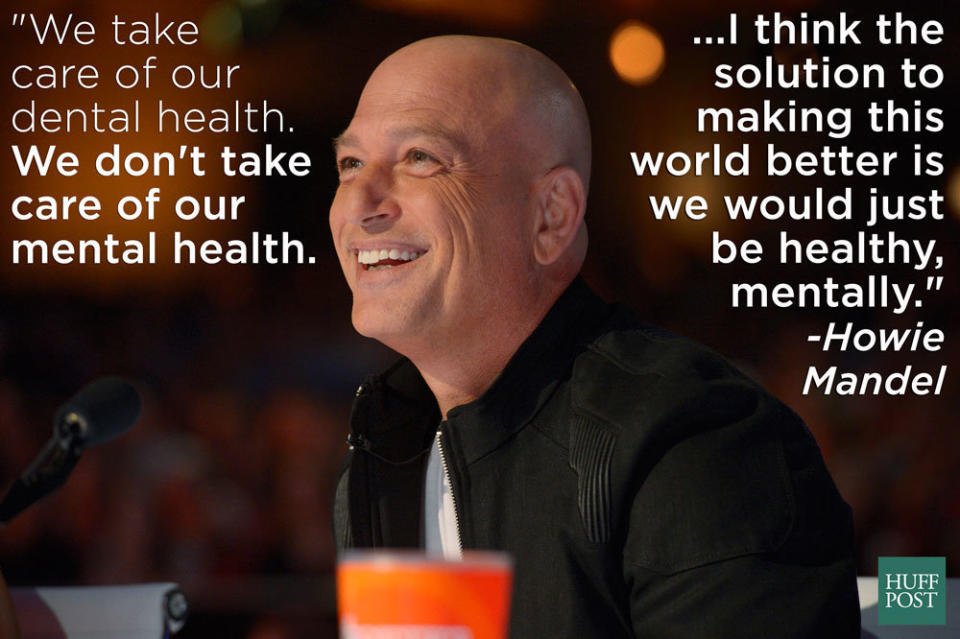
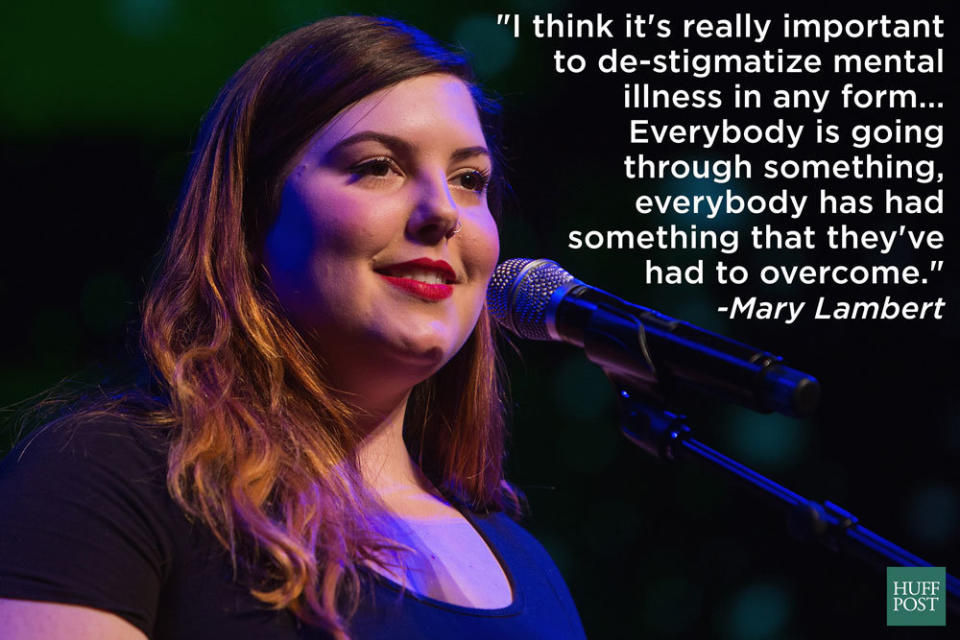
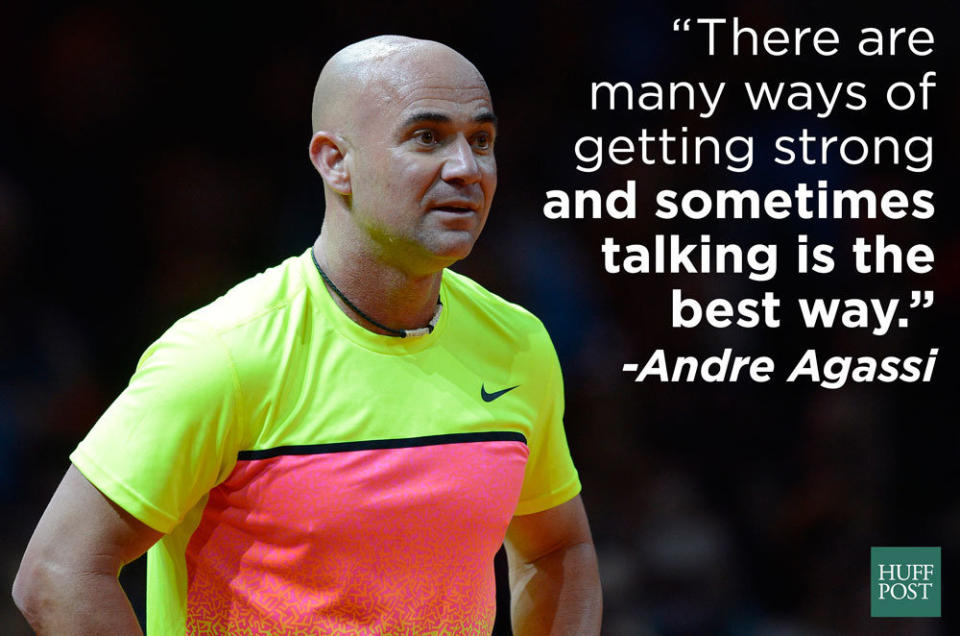
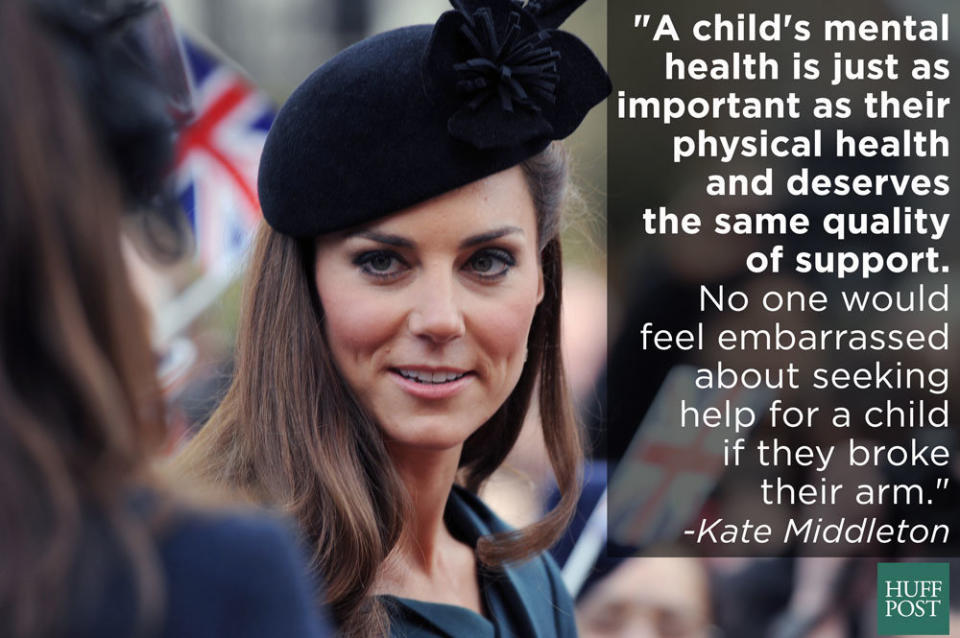
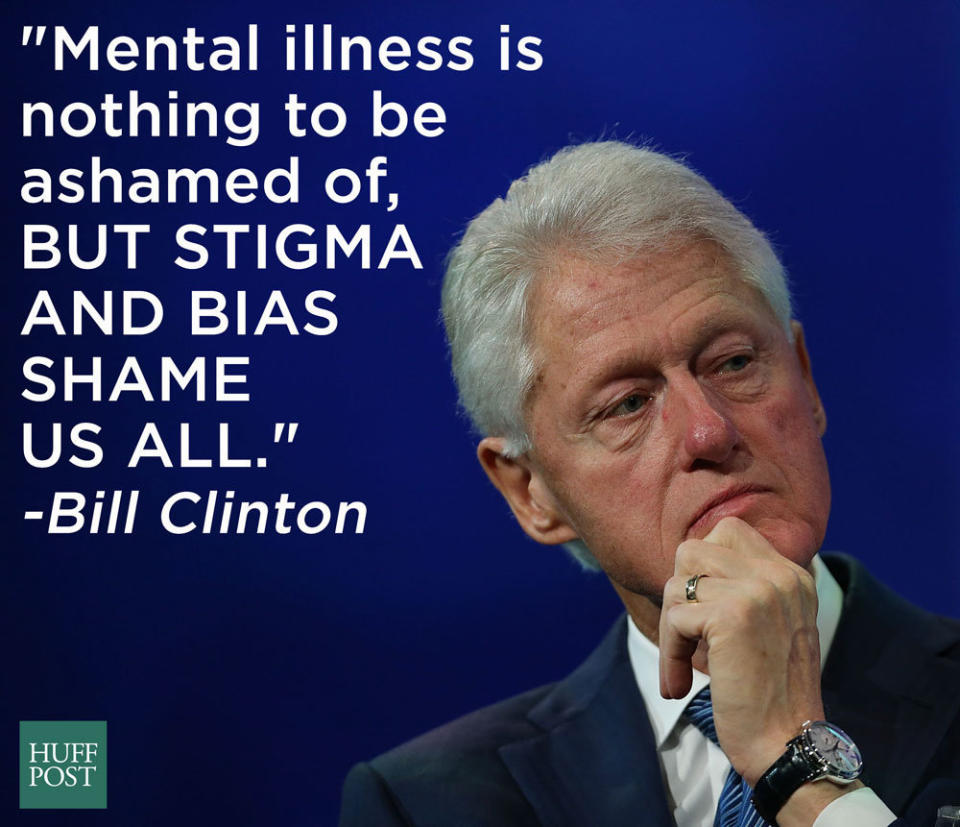
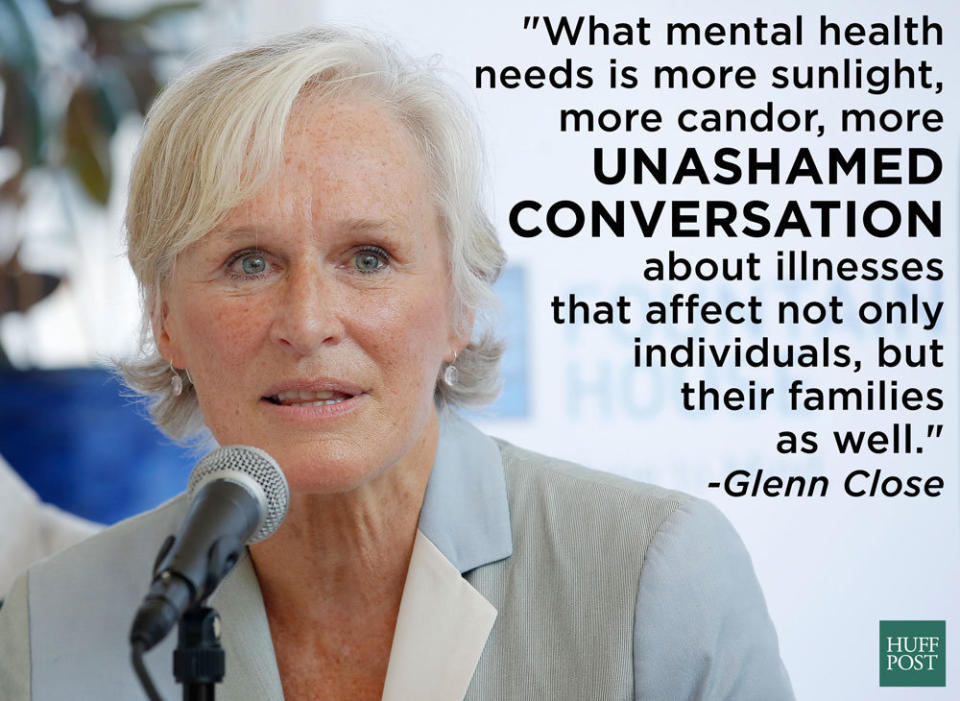


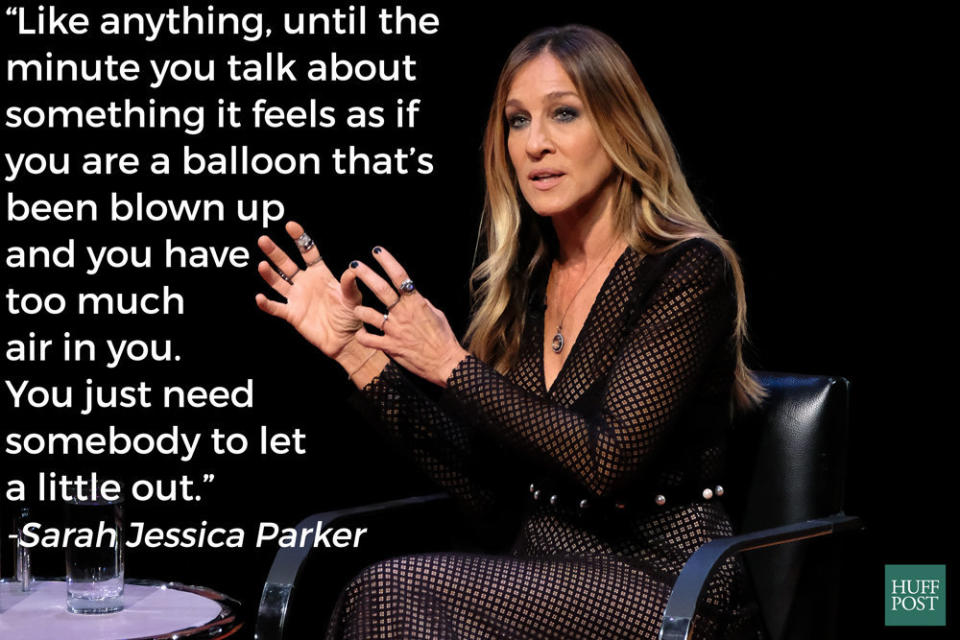
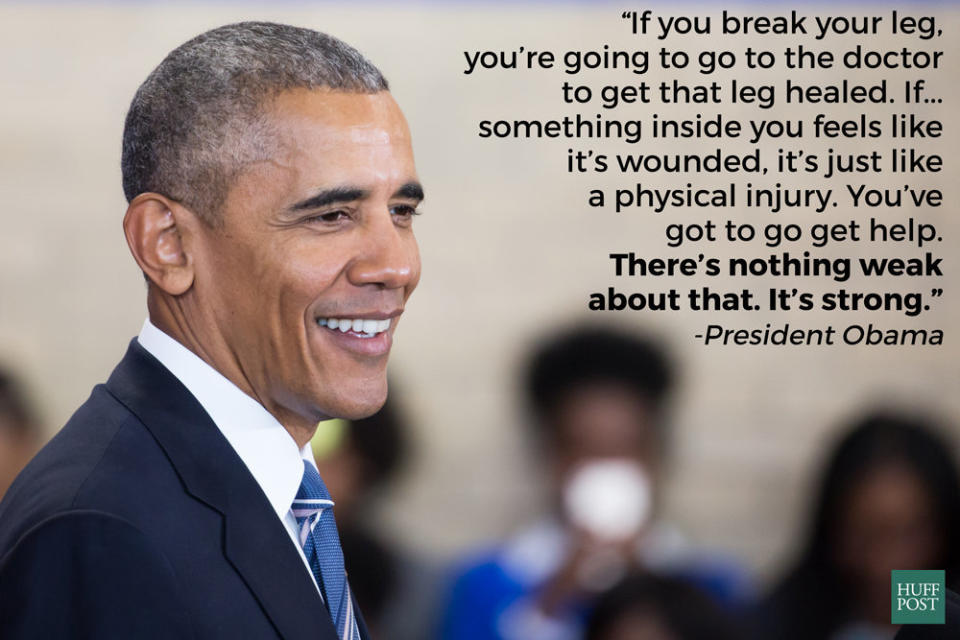
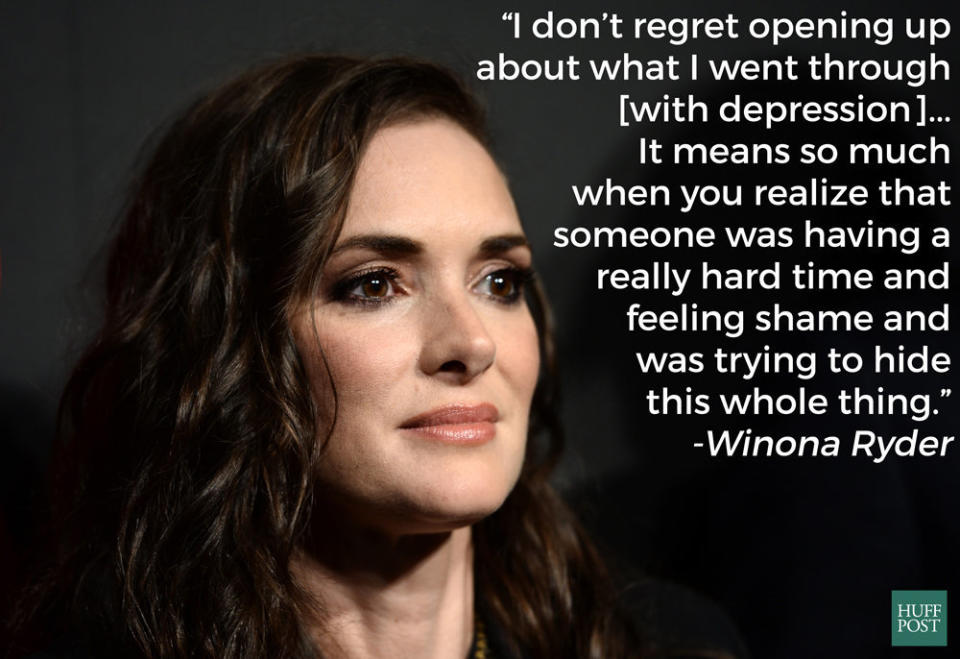
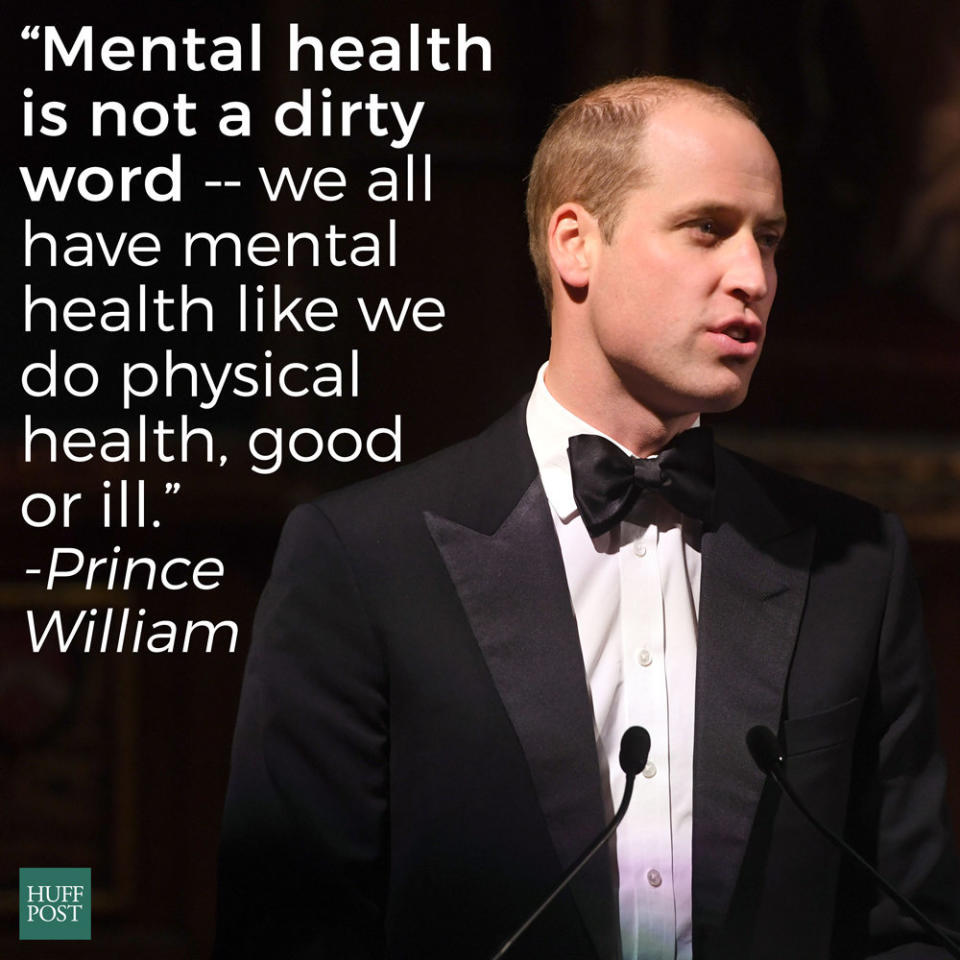

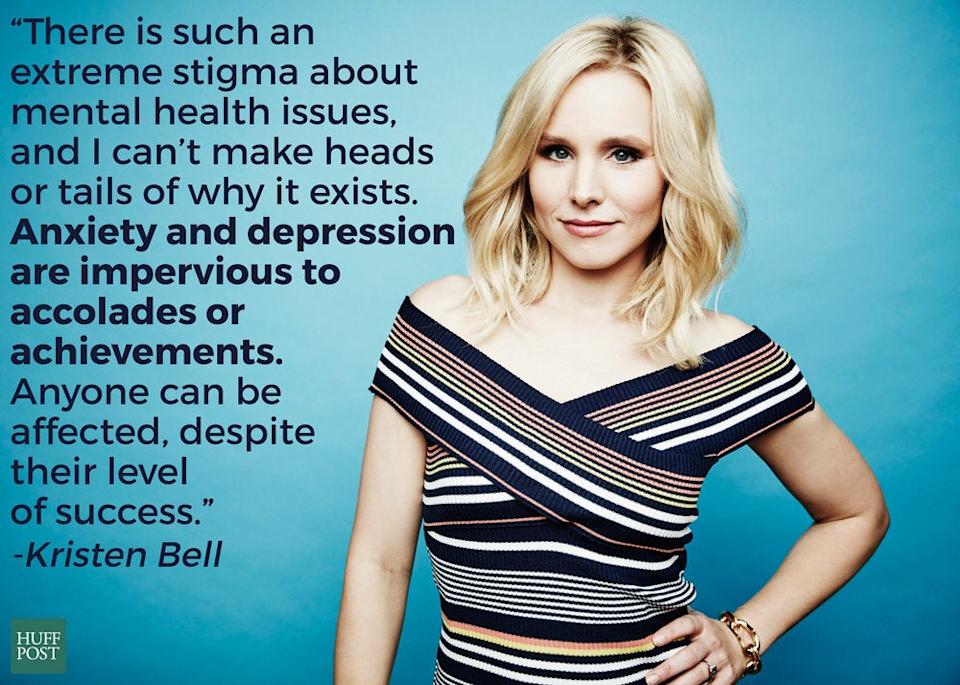
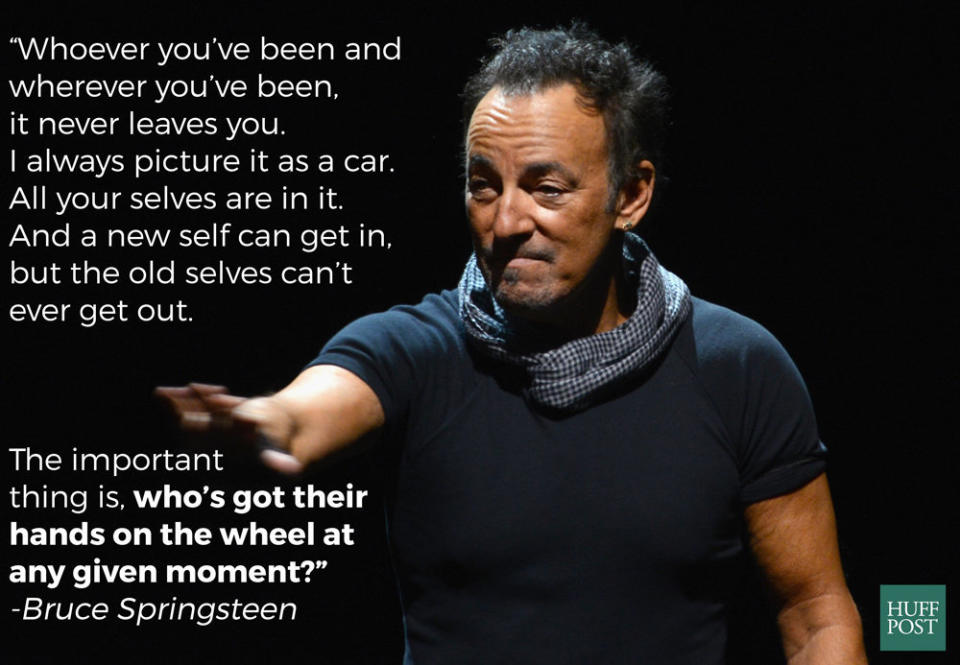
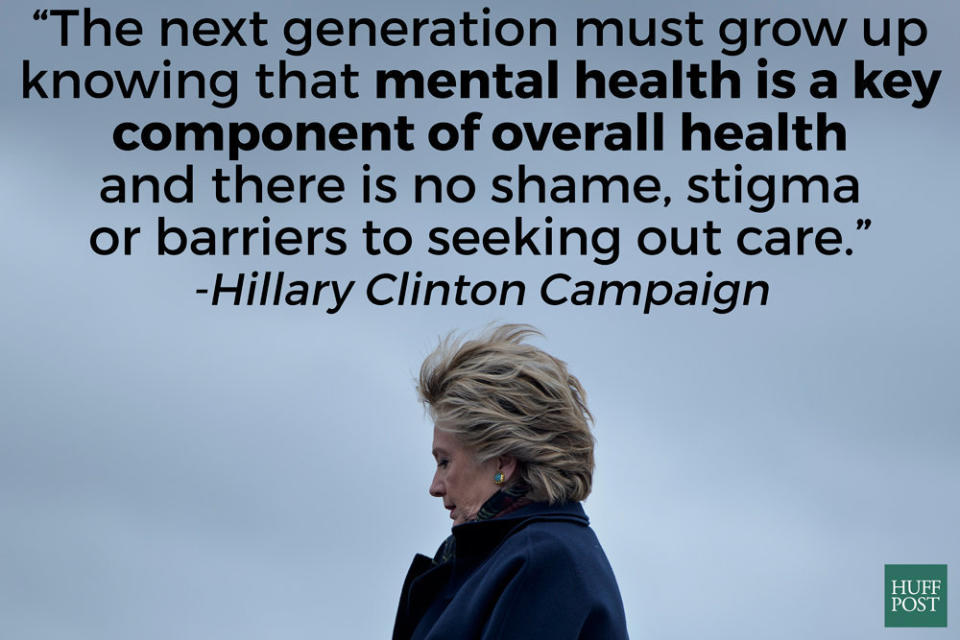
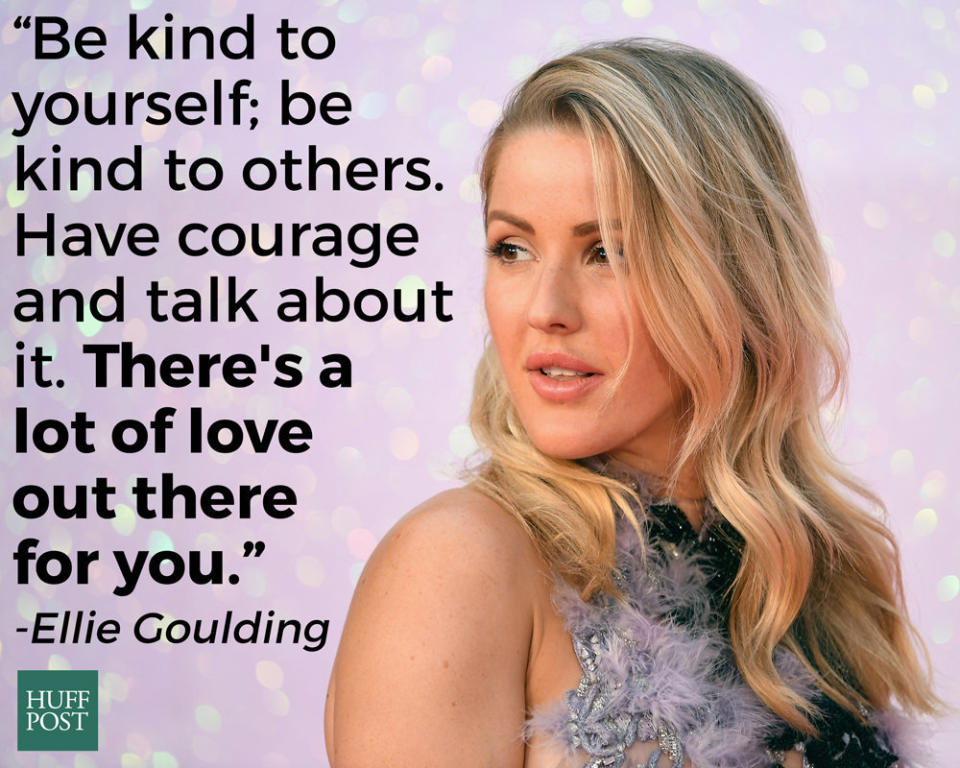
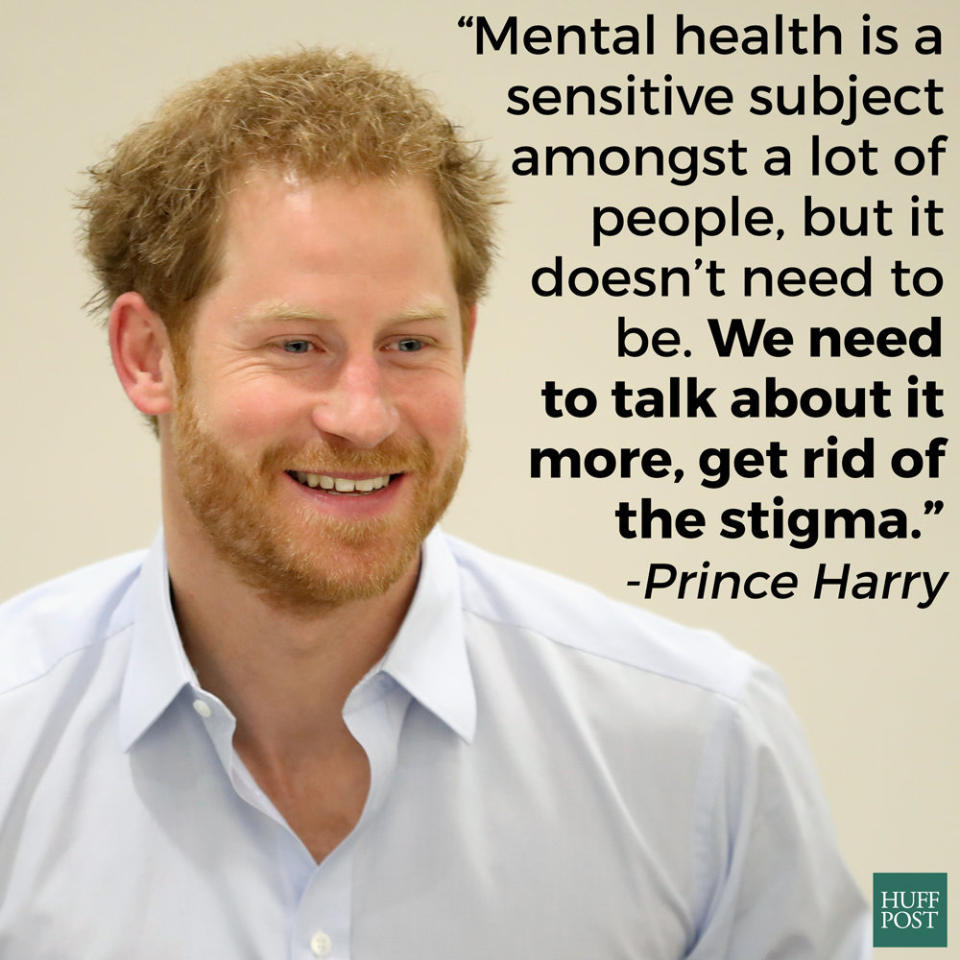
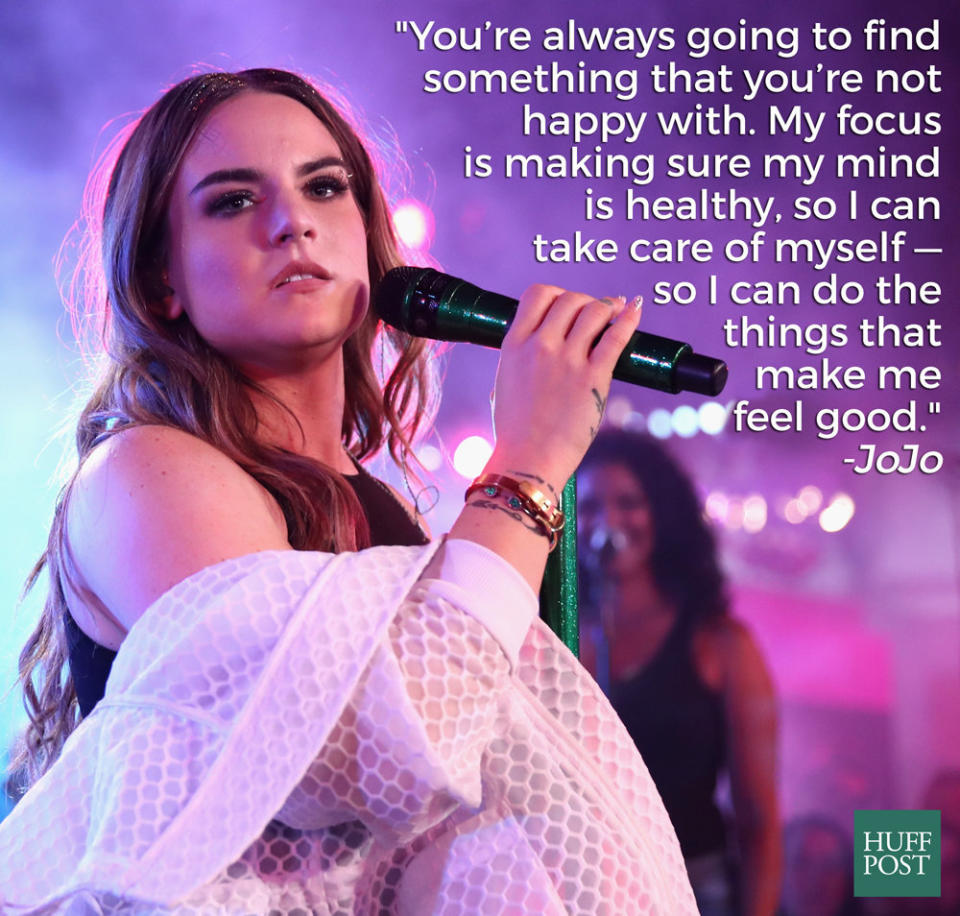
This article originally appeared on HuffPost.
